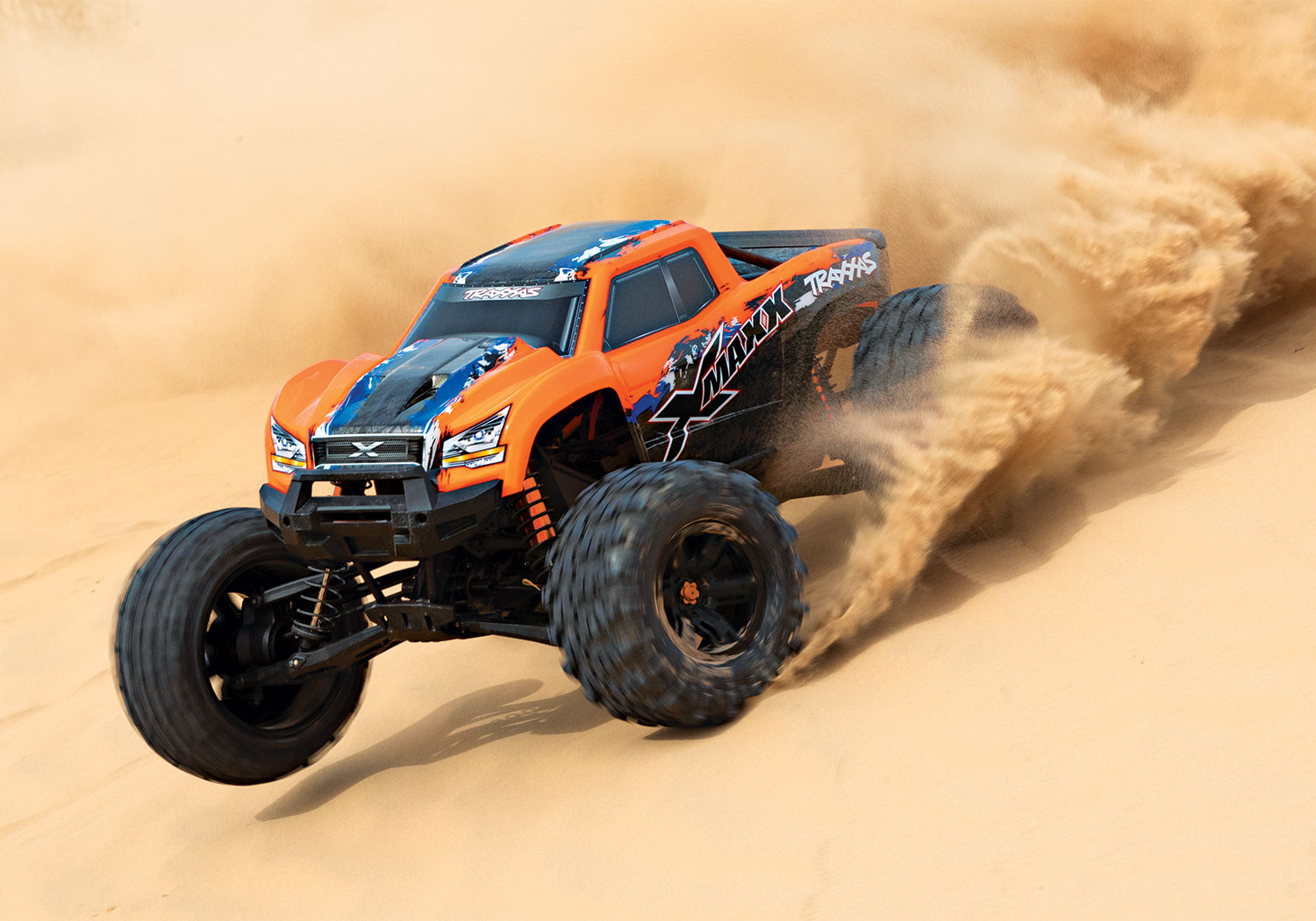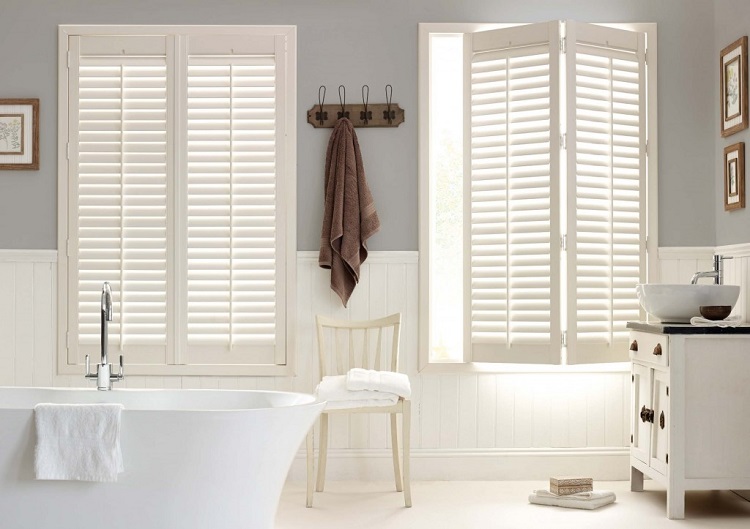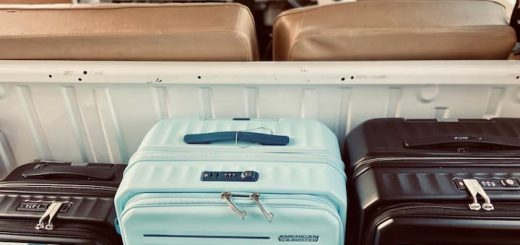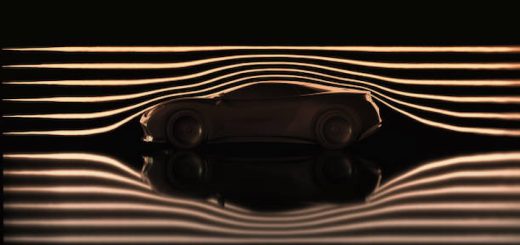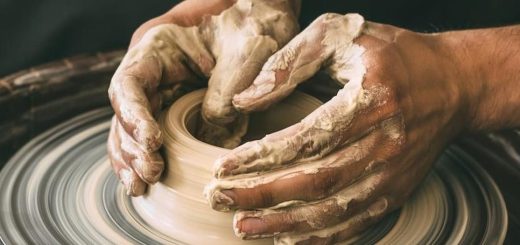Basics of Metal Detectors: The Whats and the Hows
Gold prospecting is on the rise, not just because Australia has heaps of it, but also because it’s fun. You can wander the Outback in hope of that huge nugget, or just stroll along the beach looking for lost coins or pieces of jewellery. Either way, you’ll need a metal detector up to the task. Getting the right one depends on a lot of things, starting from your budget to what you want to find. There are different prices ranges, so choose what makes you happy. Easier said than done. With so many options, there are a few things to consider before buying. Answering some of the questions below will narrow things down.
What Do You Intend to Find?
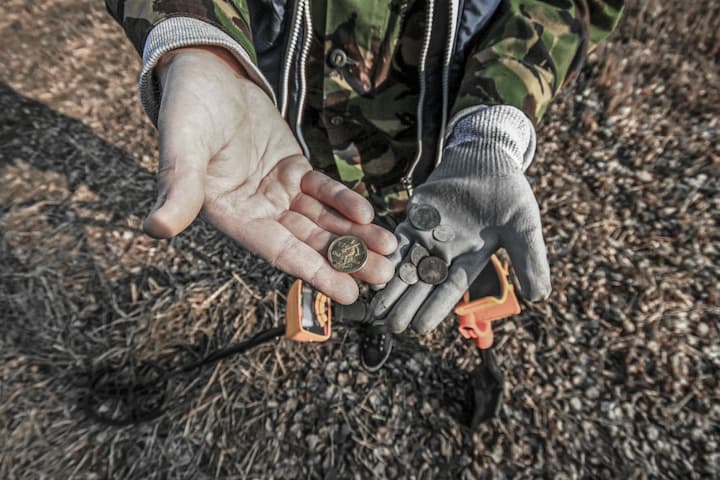
Metal detectors can be split into two major categories – treasure detectors intended to find jewellery, coins and relics, and those honed specifically in finding precious metals, particularly gold. General metal detectors, like those used by most beginners and hobbyists, work at lower frequencies and allow you to single out items of value from the junk. They work well in most cases. Gold detectors will have better features in finding extremely small flakes of gold, sometimes buried several metres underground. They’ll excel in singling out gold from other metal objects or scrap by using higher frequencies and wide frequency ranges. They also work better in mineralised soils, with high magnetism, which makes detection that much harder. Many producers have their own proprietary tech which helps out in this respect. For instance, Minelab uses GeoSense –PI ™ in its high-end Minelab GPX 6000 metal detector with pulse induction and higher sensitivity, and the promise of finding “All gold. All soils. All the time”.
What Features Do You Need?
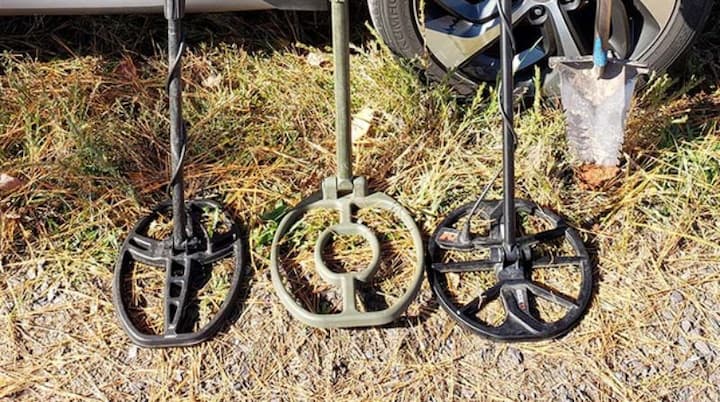
Features and functions are what differentiate metal detectors and their price tags. Detectors with features that make it easier to find gold in different environments, and at different depths will cost more. Things like a wide array of search modes, variable ground balance settings and adjustable frequencies all make your chances of striking it rich that more likely. Other things to look for are waterproofing and high temperature working ranges, good when scouring the red soils in the Outback, during downpours, or around riverbeds and beaches. The number and type of features will also be suitable for different detectorists. Beginners might be happy with a basic detector, while experienced gold prospectors want the latest and best tech available.
Who is the Metal Detector For?

Beginners and children are searching for fun as well as gold. Detectors that are easy to use, quick to set up, lightweight, have retracting and extending poles, and easy readouts will be better suited for children and newbies. Sturdier and generally larger and better-built units, with interchangeable coils, included Bluetooth sets and other items will see more use by serious gold prospectors.
Where Will You Be Using the Detector?
This is generally the difference between treasure and gold detectors. An upscale, state-of-the-art gold detector like the Minelab GPX 6000 will find gold particles, flakes and nuggets in almost any type of soil. This means mineralised soils where most gold deposits are, but also beaches, rivers, parks and campsites. Detectors like these will make easier work in older, layered and difficult soils where cheaper detectors seem to struggle.
How Much Do Metal Detectors Cost?
Metal detectors can cost roughly $200 for the simplest treasure detectors that you’d buy as a present, up to $10000 in the best gold detectors with all the bells and whistles. There are thousands of detectors to choose from within this price range. Setting a budget, and determining how serious you are in finding gold will help you narrow down your options. Is this just a hobby or something you’ll take seriously for the long haul? Which features do you need, how often do you intend to use the detector, and what are your expectations?
What Other Things Do You Need?
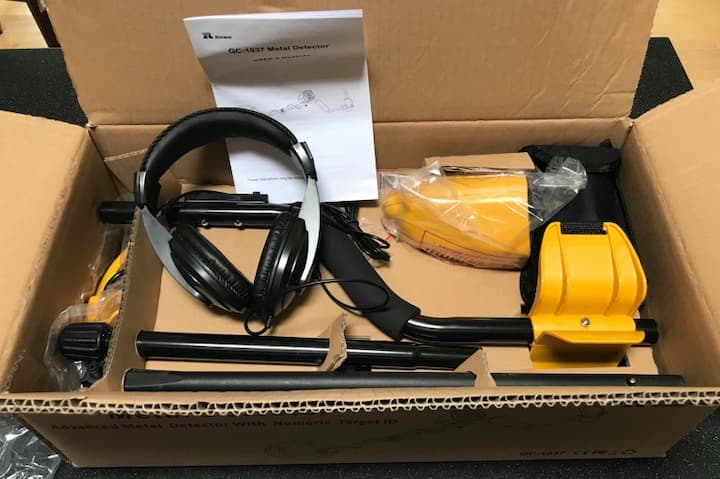
Things can get pricey once you start adding accessories. Detectors need a power source, and bigger detectors have separate lithium-ion batteries and chargers. To isolate noise and distracting sounds when searching for gold, a pair of wireless noise-cancelling headphones is what you’ll need. Headphones will catch onto weaker alerts easier. Different coils and pin pointers can be sold separately or included as packaged deals. These will help you find gold or jewellery at different depths, and with more precision.
There’s also a lot of gear used alongside detectors to make carrying easier. Harnesses take the strain off your back from heavier detectors. You’ll also want the best protection for your gear, especially if you’ve parted with a fair bit of cash. Skid plates protect coils, while various covers and pouches shield LCD screens and control boxes. Nifty, branded detector bags are available from most manufacturers. And lastly, once you’ve found what you’re looking for, you need to dig it out. You’ll need a pair of gloves, a pick or digger, a scoop, and something to carry your precious find.
Where Do You Buy Metal Detectors?
Basic beginner metal detectors are found in many hobbyist and camping stores. Intermediate and advanced models like the Minelab GPX 6000 are sold through dedicated and well-stocked gold prospecting stores.
